Black Lives Matter
Dear Fringe family and friends,
We have been deeply unsettled by the violence we have witnessed towards Black people at the hands of police, including in our own city. We have been heartbroken alongside millions of people who have witnessed – firsthand and through the news – continued acts of hate and blatant racial injustice.
We have been doing our best to listen and learn from Black voices, activists, and communities who continue to face and organize against these realities every day. Members of our Fringe community have generously reached out to us to share their encouragement and hold us accountable. We are grateful for these weeks of learning, during which we have felt anger, grief, and also the hope that a better world is not only possible but arriving.
We would first like to acknowledge that we are a predominantly white organization, and that we continue to benefit from this in many ways.
Our staff and Board have been largely white since our first festival in 1997, and we continue to have access to multiple funding opportunities, partnerships, and collaborations because of this. This is changing slowly, but it is not enough.
We also owe a great debt to Black culture, Black artists, and Black creativity. From our hip-hop-influenced dance parties to our ignorance of the history of Black theatre in Ottawa, our organization has benefited from the efforts and energies of erased voices and co-opted aesthetics. We should have done better.
Our role in the lives of our Fringe community and our unique, long-standing position within Ottawa comes with a great responsibility to interrupt our privilege and ensure a safe and respectful environment for Black artists, patrons, volunteers, and collaborators. This is a responsibility we take very seriously.
We want to be clear about what that means. So here is where we stand:
We condemn police brutality and recognize the widespread systemic racism perpetuated against Black, Indigenous, and people of colour.
We support the Black Lives Matter movement. We look to Black anti-racism activists and leaders to better understand our world as we move towards a more just society.
We are indebted to the Black artists that have come before us. Their brilliance, creativity, and foundational contribution to our theatre and arts community have been unjustly ignored, and our Black artistic colleagues continue to be erased in our theatres.
We are committed to holding ourselves to account. We are evaluating our festival processes, policies, and actions that have directly and indirectly perpetuated anti-Black racism, and we are challenging the ways in which we continue to be complicit.
Many of you know that we have worked to foster an inclusive environment through our Open Doors program and the work of our Diversity and Accessibility Committees. We are proud of these initiatives as first steps, but we commit to doing more to serve our Black, Indigenous, or POC artistic friends and colleagues.
As we reflect on this reality, we are asking ourselves difficult questions about the barriers facing BIPOC artists and our role in perpetuating them in our own organization. We are examining critically the impacts of our outreach approaches, application processes, programming and marketing themes, and use of language.
We are also considering the impacts of the inherent biases in our procedures for addressing safety in our festival and theatre spaces, the lottery system we utilize, our hiring practices, and Board member representation.
And we will join the Vancouver and Toronto Fringe Festivals in participating in an Equity, Diversity, and Inclusion audit as a way to be accountable for the anti-Black racism we have not yet acknowledged in ourselves. These findings will inform future Fringe decisions and become a regular occurrence for our festival.
These actions are only the beginning of our path forward. In order to know exactly where to go, we are committed to the ongoing process of accountability, learning, and relationship building – and working that process into everything that we do to determine the most meaningful actions we can take as our organization shifts and grows. We will continue to check ourselves, and encourage you to hold us accountable.
We are dedicated to the process of learning, listening, making mistakes, learning and listening again, and doing better. As artists and creators, we spend a lot of our time imagining and re-imagining changed worlds, new worlds, and inside-out worlds. Collectively, we have the skills to do amazing and important things – now is the time to do this work.
We also invite people to follow the #inthedressingroom conversation online to learn about the experiences of BIPOC artists and creators. And if you feel comfortable, we encourage you to share your own experiences.
There is more work to be done. We hope you will join us.
With gratitude,
The Ottawa Fringe
This conversation is focused on Black Lives and artists. We hope we have not conflated the experiences of our Black, Indigenous, and POC friends and colleagues, and we want to acknowledge the complexity of these conversations on unceded traditional territory of the Algonquin Anishinaabe. As we evaluate our anti-Black racism, we see how our actions have impacted other communities and contributed to exclusion.
#SayTheirNames
Abdirahman Abdi
D’Andre Campbell
George Floyd
Breonna Taylor
Regis Korchinski-Paquet, shared traditional territories of the Anishinaabe, Haudenosaunee, and the Mississaugas of the Credit First Nation
Chantel Moore, traditional territory of the Mi’kmaq
Eishia Hudson, traditional territories of the Anishinaabeg, Cree, Oji-Cree, Dakota, and Dene Peoples, and on the homeland of the Métis Nation
Randy Cochrane, traditional territories of the Anishinaabeg, Cree, Oji-Cree, Dakota, and Dene Peoples, and on the homeland of the Métis Nation
Machuar Madut
Eric Garner
Trayvon Martin
Freddie Grey
Sandra Bland
Philando Castile
And so many others.
Resources and Learning
Below is a short list of some of the resources that we have found helpful to learn from these past few weeks.
Petition: We See You, White American Theatre
Video: White Creatives, Do I Have Your Attention?
Article: 31 Black Canadian Playwrights You Need to Know
Book: The Skin We’re In: A Year of Black Resistance and Power by Desmond Cole
Series: Maclean’s ‘Letters to America’ series
Book: Policing Black Lives: State Violence in Canada from Slavery to the Present by Robyn Maynard
Article: The Black Women Who Paved the Way for this Moment by Keisha N. Blain
Article: To Breathe Together: Co-Conspirators for Decolonial Futures by Sefanit Habtom and Megan Scribe
Donations
If you would like to make a donation, please follow the links below.
Black Artists’ Network in Dialogue
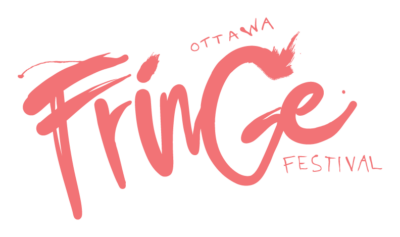







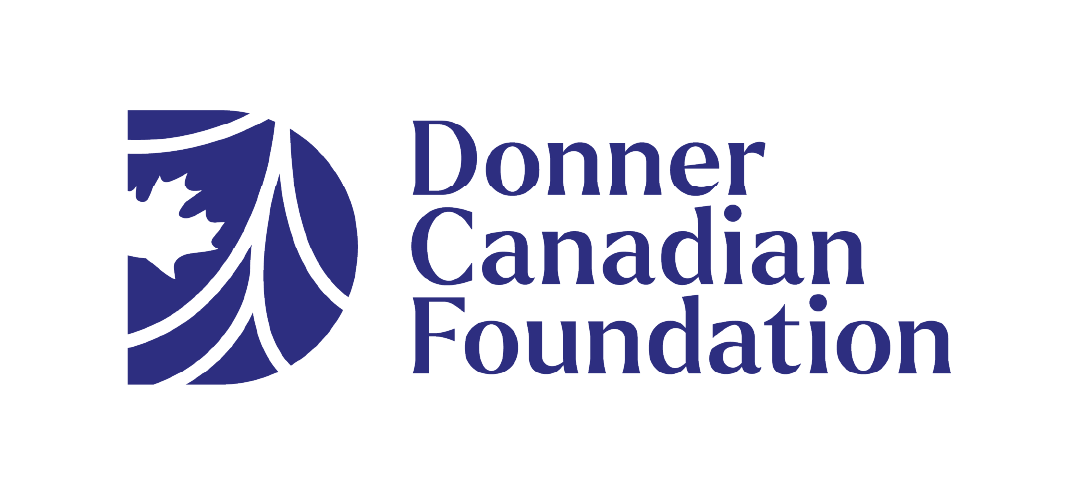

















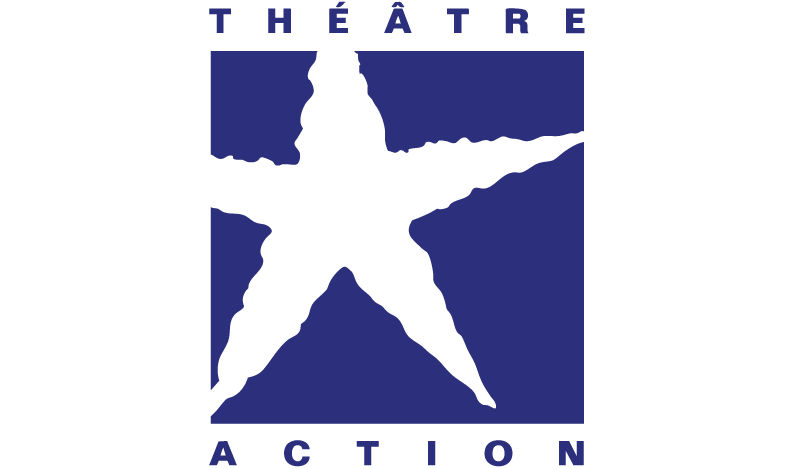
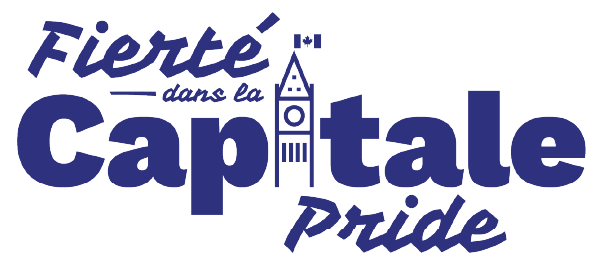
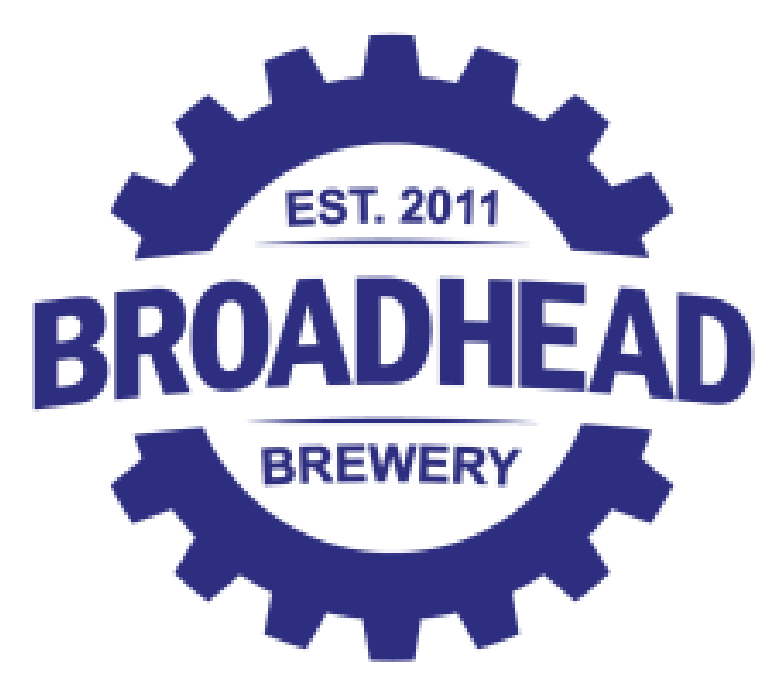
I would love to see at least some of the spaces in upcoming Fringe lotteries be reserved for BIPOC-led shows.
At least one evening of Late Night Fringe could also be run by BIPOC, hopefully to highlight and educate.
I look forward to seeing Fringe grow and evolve to be more inclusive and diverse in coming years